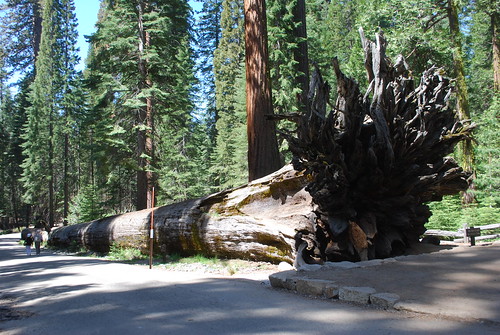16th Sunday in Ordinary Time (B)
Readings: Jeremiah 23:1-6; Psalm 22(23); Ephesians 2:13-18; Mark 6:30-34
Picture: cc Matt Clark
My dear friends, are you tense? Do you ever have moments when you wish that all the tension in your life was removed forever? Perhaps we’ve all felt like that at one time or another. And especially so in these days of Covid-stress. Yet not all tensions are bad. Some may even be necessary. For example, isn’t the tension in the strings of a guitar what allows it to produce such beautiful sounds?
And music-making is not the only activity that involves tension. The same can be said about shepherding, which is what our readings talk about today. In the first reading, God accuses the leaders of Israel for being lazy shepherds. For failing to accept the tension that comes with caring for God’s people. For allowing the Lord’s flock to be scattered. God then promises to raise up a new line of kings, who will properly care for the sheep. A promise that finds its fulfilment in the gospel, where Jesus appears as the Good Shepherd.
But have you noticed how Jesus himself experiences tension while shepherding? The reading begins with the Lord inviting his disciples to retreat to a lonely place to rest for a while. By doing this, he shows his care for them. He shepherds them. But having arrived at their chosen vacation spot, they are confronted with a large crowd. The sight of which moves the Lord’s heart with pity, because they were like sheep without a shepherd. And he decides to postpone the vacation, and to teach them at some length.
Isn’t there a tension here between the Lord’s concern for his disciples and his pity for the people? And isn’t this but one example in a life lived in constant tension? Indeed, could we not say that the Lord’s very existence is one of tension? Tension between both the divine and human natures present in a single person. A merciful tension, embraced out of love and compassion for us. A courageous tension, culminating in Death, Resurrection, and Remembrance at the Eucharist. A reconciling tension that unites both Jews and Gentiles.
Which is not to say that we should embrace all tensions indiscriminately. No, some tensions are oppressive, and need to be challenged. Such as those that may result from the unjust working conditions that some employers may inflict on their employees. Or the unrealistic expectations that some families may place on their children.
What our readings invite us to recognise is that, as followers of Jesus, we need to learn to graciously acknowledge and accept the unavoidable tensions that come with caring for others. Whether at home, at work, or wherever there are people in need of our help. And we can only bear these tensions fruitfully, if we continually bring them to the Lord in prayer. Allowing him to revive our drooping spirits, and to guide us along the right path, the path of Christ’s peace.
Sisters and brothers, a guitar must be tuned before it is played. What must we do to let the Lord tune us, so that we too may produce sweet music to the glory of God today?

